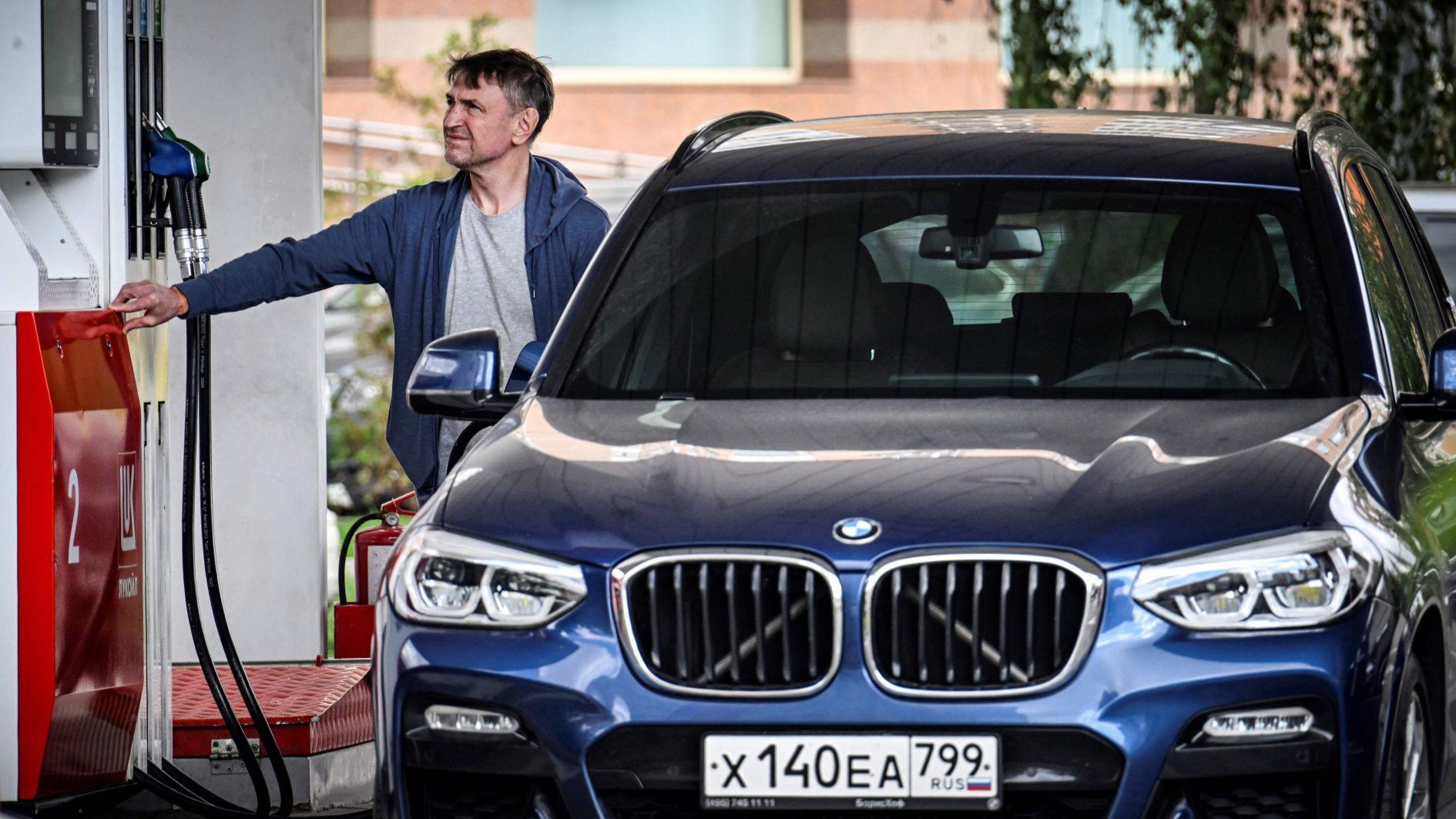
Russia has proposed hiking sales taxes to raise funds for its military offensive on Ukraine amid a slowing economy and widening budget deficit.
After two years of robust growth, spurred by a massive ramp-up in spending on its army, Russia's economy is now slowing, putting pressure on tax revenue, and authorities are looking to tap the pockets of citizens and businesses to plug the budget gap.
With a budget deficit so far this year of around $50 billion, Russia's Finance Ministry proposed raising value-added tax (VAT) from 20 to 22 percent from next year.
The ministry said it was a necessary move "aimed first of all at funding defence and security."
Russian government spending has jumped more than two-thirds since the start of the Ukraine offensive, with military expenditure accounting for almost nine percent of GDP, according to President Vladimir Putin, levels unseen since the Cold War.
That has helped Moscow avoid predictions that Western sanctions would collapse its economy, but led to a spike in inflation.
The $50-billion deficit in the first eight months of the year, equivalent to roughly two percent of GDP, is three times more than at the same stage of 2024.
While its deficit is low by international standards, Russia has been cut off from international capital markets and has had to rely on domestic bond investors and running down its sovereign wealth fund.
A similar hole is expected next year, according to the budget proposals published on Sept. 24.
Moscow is yet to unveil how much it plans to spend on its military and security next year.